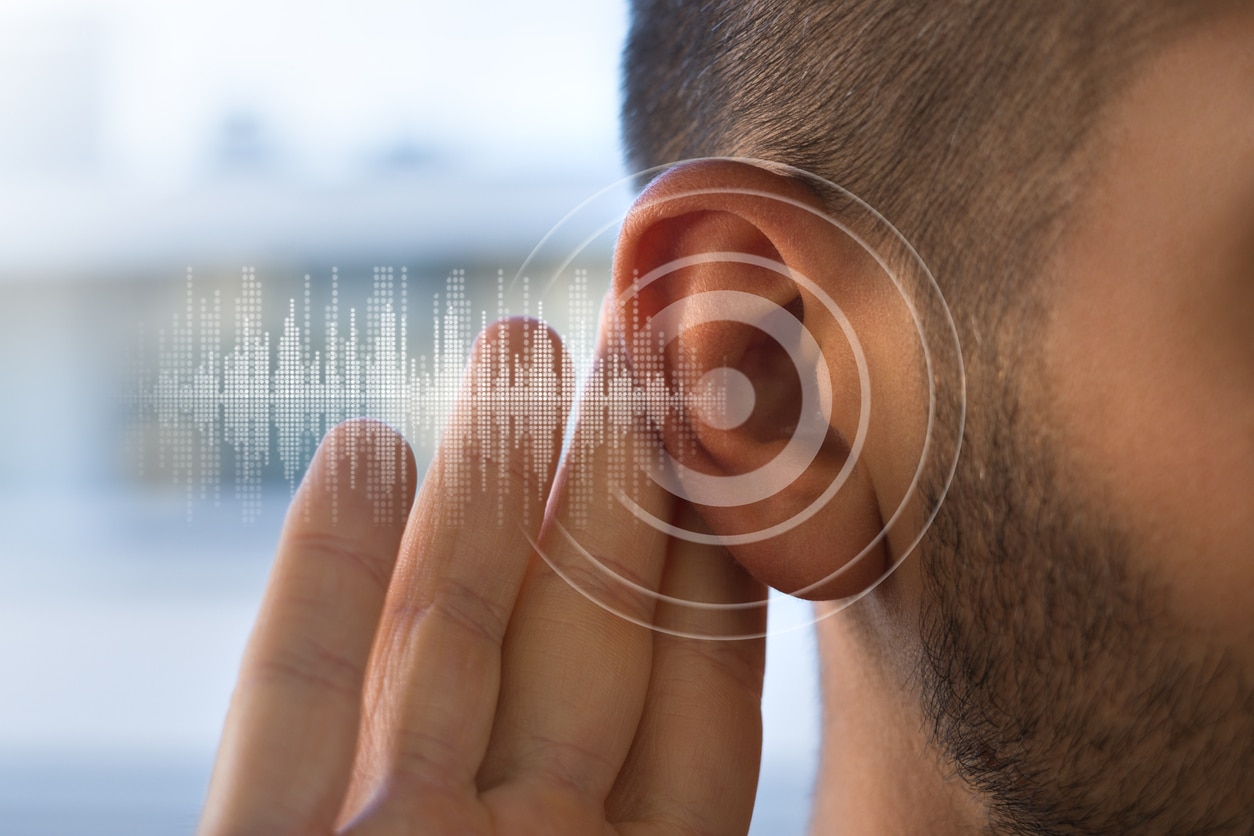Listening fatigue is a common issue, particularly among individuals with hearing loss, auditory processing disorders or those who spend extended periods in noisy environments. This condition occurs when the effort of listening becomes exhausting, leading to mental fatigue. It can cause stress and irritability. Here’s how you can help someone dealing with listening fatigue.
Understand the Causes of Listening Fatigue

Listening fatigue can be caused by various factors. For people with hearing loss, the brain works harder to fill in gaps in sound, which can be mentally draining. Similarly, individuals with auditory processing disorders may struggle to distinguish sounds in noisy environments, leading to increased cognitive load. Even those with normal hearing can experience listening fatigue in environments with constant background noise, like New Moon Café, or during prolonged periods of concentrated listening.
It’s important to recognize that listening fatigue can manifest in physical symptoms, such as headaches, tension and a general sense of exhaustion. Emotional symptoms, including irritability, frustration and reduced tolerance for noise, are also common. By understanding these causes and symptoms, you can be more empathetic and supportive towards those experiencing listening fatigue.
Create a Supportive Environment
Creating a supportive environment is key to helping someone manage listening fatigue. Start by minimizing background noise whenever possible. Turn off unnecessary devices, close doors to reduce outside noise and choose quieter places for conversations. Sit in well-lit areas so the listener can use context cues and lip-reading skills. In work or learning environments, consider implementing sound-absorbing materials, like carpets, curtains or acoustic panels, to reduce ambient noise levels.
Another important aspect is to encourage regular breaks. Suggest taking short breaks from listening tasks to allow the brain to rest and recover. This is particularly important during meetings, classes or social gatherings where prolonged listening is required. Encourage the use of noise-canceling headphones or earplugs during these breaks to provide a quiet break.
Enhance Communication Strategies
Improving communication strategies can significantly reduce the strain of listening and help prevent fatigue. A useful tool for improving hearing and communication ability is hearing aids. If you’ve noticed a decline in a loved one’s hearing, encourage them to schedule a hearing test and inquire about hearing aids. You may even attend the appointment with them. Nearly 28.8 million Americans could benefit from using hearing aids. If your loved one already has hearing aids, ensure they’re using them correctly and that they fit properly.
Speak clearly and at a moderate pace, making sure to face the person directly so they can use visual cues like lip-reading and facial expressions. Avoid speaking from another room or while multitasking, as this can make it more difficult for the listener to understand.
Listening fatigue can impact a person’s patience and willingness to continue communication due to the need for rest. By acknowledging the listening fatigue and taking steps to assist, you can help alleviate the burden for those who struggle with it. Small adjustments and a mindful approach can make a big difference in helping someone manage their listening fatigue and improve their overall well-being. To learn more about how to best support your loved one through hearing loss, contact Augusta – Aiken ENT & Allergy to schedule an appointment.